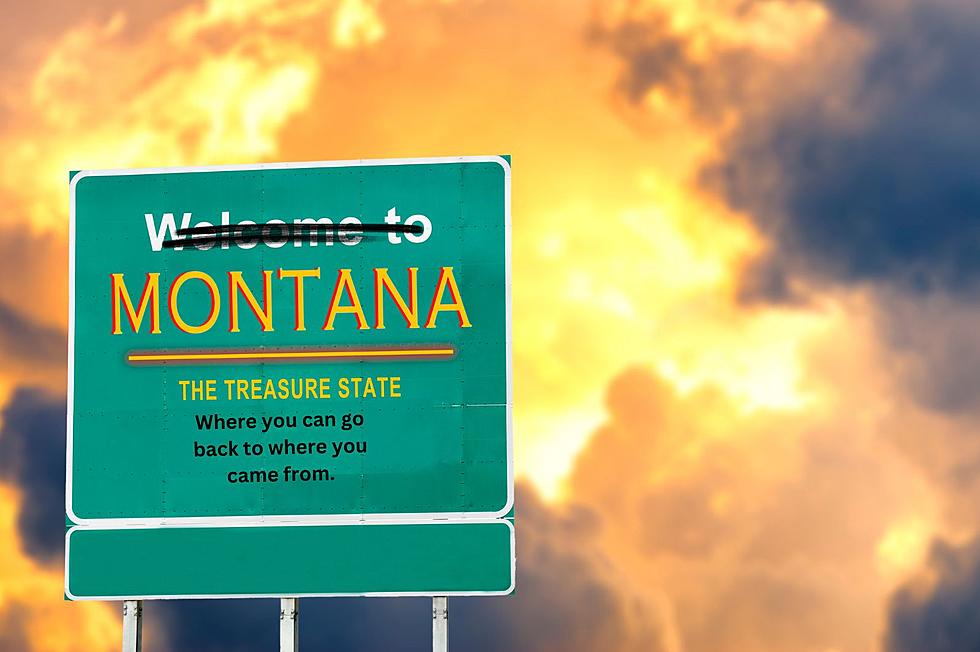
How Secure Is Your Future Social Security?
My wife recently retired and we sat down to jump through all the hoops that Social Security requires. Unfortunately for those unprepared for retirement social security is neither social nor secure.
If you are between the ages of 40 and 66 you need to seriously think about how much money you’re going to need in order to have any kind of comfortable lifestyle. Consider the following.
If Social Security Is All You Have
If your retirement income is going to rely totally on social security you are not going to have a very enviable lifestyle.
- Nearly one in four seniors rely on social security for 90% of their incomes.
- The average social security check is a little over $1,200.00 a month.
- Two people collecting the average social security check would be making $6.93 per hour each if they were paid that at a job. That's less than minimum wage.
- Half of all seniors have an income of less than $20,000 per year.
- Fifty-five million seniors received social security benefits in 2011.
- 10-15,000-baby boomers are going to retire every single day for the next ten years.
How Is Social Security Funded?
Your pay stub will answer part of that question. You and your employer both contribute to your social security payments.
- 83% comes from payroll deductions
- 14% comes from interest on social security trust funds. (Anyone think those funds are really there?)
- The remaining 3% comes from the taxes paid by those receiving social security checks. It was taken out before taxes so you pay the tax now.
Where Do We Go From Here?
Longer life spans and a lower birthrate in the United States have caused some problems for Social Security. Currently there are 2.8 workers for each social security recipient. By 2033 that number will shrink to 2.1 workers.
At current levels Social Security can pay out full benefits for the next 20 years. Following that, they will only be able to pay 75 percent for the 75 years following that.
Some Final Thoughts
As a retired senior myself I know that money won’t always make your life better but it will make things related to money easier. If you can pay your bills on time and have a little left over to do some fun things retired life can be pretty enjoyable.
If you’re living in the cold because you can’t afford to turn up the heat or your supper was ketchup soup then life is not so good.
Take whatever you are making now, add about 15% or so for future inflation then multiply that by the number of years of normal life expectancy for you. That should give you some idea of how much money you need to retire.
You can have the big house and two new cars now or you can have the efficiency apartment and Top Ramen meals then. If you’re not saving for retirement now — start. If you will live for a short period of time like most people won’t; you can live the rest of your life like more people can’t. Think about it. Do you really want to put all your eggs in the social security basket?
Shouldn’t your social security money be the money you blow spoiling your grandchildren, not what you have to live on? Only you can make sure that doesn’t happen. Start saving today.
More From KMMS-KPRK 1450 AM









